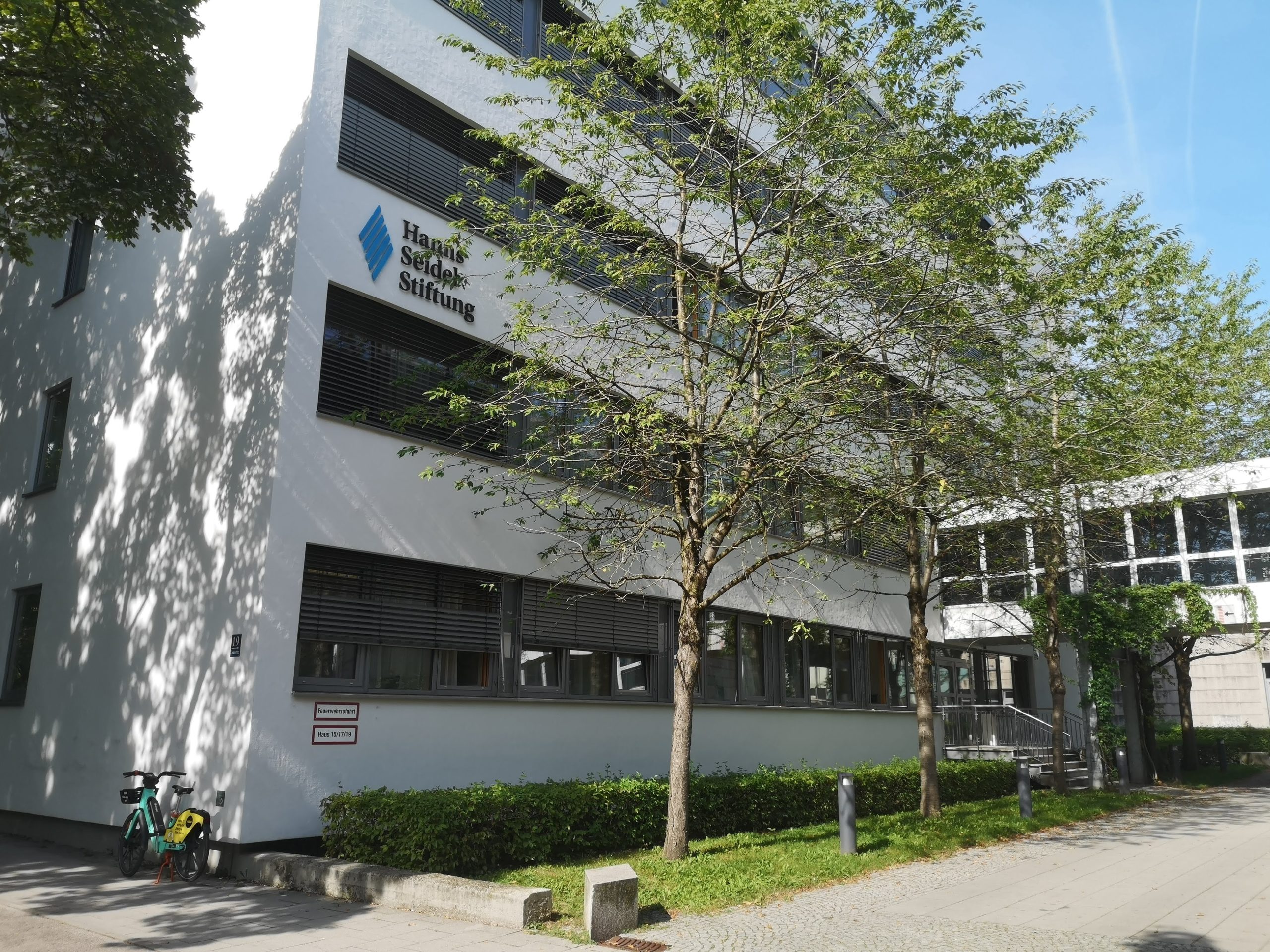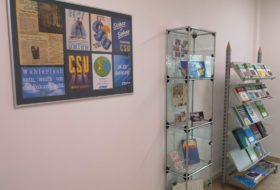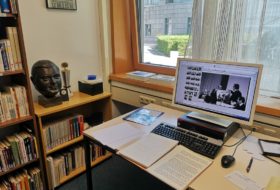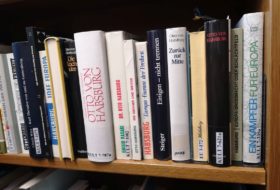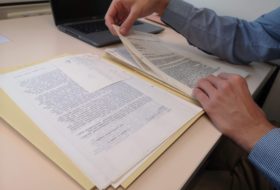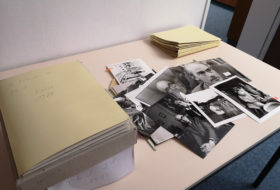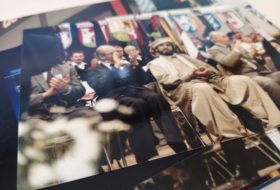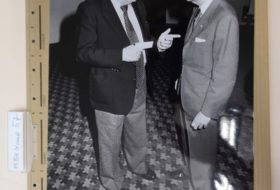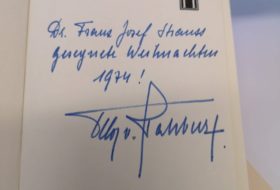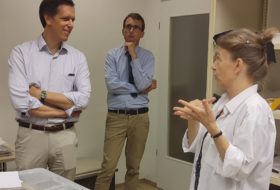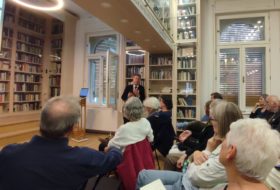Otto von Habsburg’s life and career were intertwined with Bavaria, as the state was not only his chosen residence but also his political home. From the end of World War II onwards, he was in close contact with the Coryphaeus’ of the Christian Social Union in Bavaria (Christlich-Soziale Union in Bayern, CSU), and from the mid-1970s, he became a member of the Hanns Seidel Foundation (Hanns-Seidel-Stiftung, HSS), which was affiliated with the party. In the latter role, he focused on strengthening the party’s European and global network and provided foreign policy analysis to support the work of Christian Social leaders. His democratic political career also unfolded within the CSU: he was the party’s candidate in the 1979 European Parliament elections, coming third on the list of the first directly elected EP, and for four terms, he was a prominent figure in shaping the continent’s political future.
Although Otto von Habsburg’s public career and his professional activities in Bavaria can be traced in the materials held by our Foundation, in many cases, they are incomplete, both in terms of documents and images. Thus, the primary goal of the five-day research trip to Munich in mid-September by our colleagues Szilveszter Dékány and Bence Kocsev was to fill these gaps by exploring the sources in the archives of the Hanns Seidel Foundation (Archiv für Christlich-Soziale Politik).
Research on the documents focused mainly on Otto von Habsburg’s work as a foreign policy advisor to the Hanns Seidel Foundation and his correspondence with leading CSU politicians such as Franz Josef Strauss, Alfons Goppel, Josef Müller, Hans Klein, Theodor Waigel, and Fritz Pirkl. These provide insights into the details of Otto von Habsburg’s political career after 1979, in addition to interesting information on his networking and policy-making activities before he won his seat in the European Parliament. The correspondence between our namesake and the future Bavarian Prime Minister Franz Josef Strauss is particularly instructive: it provides useful and interesting information on significant events in German and international political history, as well as bearing witness to the commitment of both politicians to a united and free Europe.
The foreign policy updates produced by Otto von Habsburg reveal a captivating overview of the events of the 1970s and demonstrate that the Archduke’s political skills – and the global network of contacts he worked hard to build up by then – could be relied on with confidence both within the party and the Foundation.
The photographic collection in the Archives – as it was revealed during the review of the material – contains approximately 2,300-2,500 photographs related to Otto von Habsburg; additionally, the archival collection of documents comprises 350-400 related images. A significant part of the material is digitised from flat films, 35 mm negatives and transparent slides, but there are also a good number of documents on paper in the various units of the collection. A considerable part of the images was taken at congresses, party meetings and small political gatherings. At these events, Otto followed the proceedings mostly from the audience, continuing the network of contacts he had developed over the decades. He was captured in photographs with political actors, Bavarian government representatives, and public figures; the participants of these events. An interesting section of the collection is the selection of Otto’s portraits spanning several decades, the material from the serial “Sudeten German Day” celebrations, the documentation of his visits to Hungary in the early 1990s, and the photographs of Franz Josef Strauss – taken during their shared trips, events and conversations – bearing witness to a close working relationship. The materials examined and the copies produced will serve as a useful source for further research and academic work.
Overall, the examined documents provide valuable input for a more differentiated understanding of Otto von Habsburg’s extensive network of contacts, his political profile and his influence on public life, and also help to define his role in shaping post-war conservatism and Christian democracy as well as German, European and global politics.
The idea for the research trip was supported by the Hanns Seidel Foundation’s Budapest office, which generously provided the necessary funding. The help and support of the specialists working in the Foundation’s archives in Munich were also essential to the success of the research trip.
Szilveszter Dékány
Bence Kocsev
